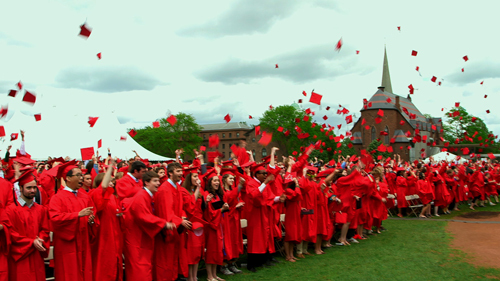
These are some of the questions you’ll find yourself pondering about higher education as you watch Andrew Rossi’s new film, Tour d'ivoire, now in cinemas. OECD data shows that tuition levels in the US have become a class of their own. “It seems hard to see how these costs relate in meaningful ways to the value that students obtain,” commente Andreas Schleicher.
We live in the age of disruptive innovation. Une époque où la technologie numérique a le potentiel de faire baisser le coût de l'enseignement supérieur et de la rendre plus accessible que jamais. Je ai demandé à Michael Horn et Anthony Carnevale (qui apparaît dans le film) à nous rejoindre dans La recherche globale pour l'éducation aujourd'hui pour parler de l'avenir de l'enseignement supérieur. Michael Horn est le co-fondateur de l'Institut Christensen Clayton, et directeur exécutif de son programme d'éducation. Tony Carnevale est directeur et professeur de recherche du Centre de l'Université de Georgetown sur l'éducation et la main-d'œuvre.

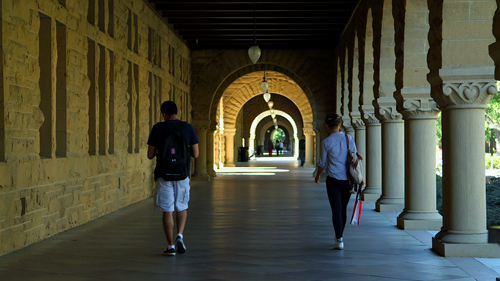
Students from Asia and the rest of the world flock to our top American Universities. Many believe we have the best higher education system in the world and they are willing to pay for it. What does this mean for the continuing demand for places at US Colleges? What does it indicate about the strengths of these institutions?
Michael Corne: The rise of the upper-middle class in Asia has created significant demand for elite higher education. This is a good thing for many U.S. universities in the short to medium term, and is helping to sustain many. In the longer term, cependant, car une grande partie de l'enseignement supérieur américain traditionnel est fondé sur limitant l'accès et la promotion de la sélectivité — thereby keeping a limit on the number of seats available — il ya une bonne chance que les institutions traditionnelles seront incapables de suivre cette demande croissante et ainsi ouvrir la porte à l'émergence de nouvelles institutions qui peuvent remplir. Nous voyons déjà les nouvelles institutions d'élite comme le projet Minerva, qui offre une formation très sélective d'arts libéraux qui est beaucoup plus abordable que l'éducation traditionnelle américaine plus élevée, pop up to meet this new demand. As more of these institutions emerge that are affordable and selective, it could commoditize the offerings at the top.
In the UK you can get a BA degree in 3 years versus 4. Is that one solution you could see working in the US as a way to cut costs?
Michael Corne: Moving to a 3-year degree as opposed to a 4-year degree certainly saves students money, although for some institutions, it would represent lost revenue. Aussi, although many institutions offer a 4-year program today, students often take 6 years to graduate, or many will attend for many years and never graduate. En d'autres termes, the problem is significantly more complicated. En fin de compte, moving to a 3-year degree doesn’t address the more fundamental business model challenges of rising costs plaguing traditional colleges and universities, which stems in part from the conflation – and subsequent administration – of what should be three separate business models represented in research, enseignement, and the networking aspects of a university, as well as the subsequent arms race to move up the prestige rankings.
Un développement qui semble plus excitant, ce est l'émergence d'parvenu en ligne, degrés basés sur les compétences qui font de temps pour des titres de compétences, une variable, et l'apprentissage, une constante. Comme vous maîtrisez matériau, vous vous déplacez, ce qui signifie que la longueur du degré est dans les mains de l'étudiant et le réseau de soutien que l'institution met autour de l'étudiant. Les étudiants peuvent compléter significativement plus rapide degrés dans ces programmes; et les programmes – en étant axée sur l'enseignement et l'apprentissage ne – sont beaucoup plus abordable. Le point clé est que l'accent ne est pas sur la longueur, mais plutôt sur l'apprentissage réel.


Chine et l'Inde seront finalement créer leurs propres ligues Ivy. Que faisons-nous bien qu'ils ne peuvent utiliser? Que peuvent-ils apprendre de nos erreurs?
Michael Corne: Universités américaines ont été balises de recherche de pointe; ce est un moteur qui a produit de grandes choses pour notre économie et contribué à attirer des gens de partout dans le monde. Bien que nous avons certainement des défis à notre modèle de recherche, global, les résultats ont été impressionnants. Ce que je pense que la Chine et l'Inde feraient bien d'essayer d'éviter de reproduire notre modèle est complètement. Ils devraient essayer d'éviter l'amalgame recherche et l'enseignement sous un même toit où les activités ne ont pas à être interdépendants, par exemple, so that they don’t create the cost and teaching quality issues that have resulted in the United States where research is almost always valued over good teaching.
There has been a lot of debate on the value of a liberal arts degree in a world where every industry is being disrupted by technology. Given the number of students who don’t have jobs, are we at the point where we need a task force to determine how students can acquire the skills they need to succeed in a 21st century workplace?
Tony Carnevale: Ivory Tower brings to the fore the rolling tensions growing underneath the American higher education system in an even-handed way with no ideological biases to have those tensions and issues resolved. Currently there are already numerous efforts to resolve these issues and to ensure that students have the skills. The question then lies on creating information systems that ensure students have access to the data and the tools necessary to close the skill gap.
Michael Corne: We need to create many more programs that narrow the gap between students and employers. Online, competency-based programs – like Western Governors University, Southern New Hampshire’s College for America, University Now’s Patten University, et plus – stand to help. I’m also intrigued by programs like General Assembly and Dev Bootcamp, as well as offerings from companies like LearnUp.
Je crois que le diplôme en arts libéraux continuera d'avoir un endroit et de la valeur dans le monde, but I think it will be able to be far more affordable so that many more people can consume a liberal arts education over the course of their lifetimes.

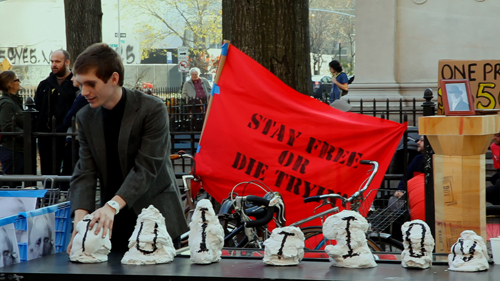
How big a role will technology play in bringing down the cost of higher education?
Tony Carnevale: Technology is the hope for many low-income students who cannot afford the more selective institutions. It’s one answer to getting costs under control due to low development and distribution costs as well as much more flexible and open access. A new MOOC course for instance can be accessed by millions of students at low costs but these courses face skepticism from employers who do not see them as reliable credentials for student preparation for the labor market.
Global, MOOCS and other similar efforts point towards the potential of technology in the form of online learning in transforming the financial landscape of the higher education sector. Clairement, there will be a mix of winners and losers on both the provider and student sides. Cependant, getting employers to value these courses, and improving the incentives of students to enroll and complete are the first steps in potentially using these new models to lower overall costs.
Michael Corne: Technology paired with business model innovation will play a critical role in bringing down the cost of higher education. Online, competency-based programs are already showing significant promise to tackle the challenge and represent very exciting disruptive innovations focused on learning and affordability. I don’t think “la solution” seront contenues dans une seule chose, soit. Le dégroupage des composants du degré et de la capacité pour les étudiants de personnaliser leur éducation en combinant différentes composantes – didacticiels en ligne à partir d'un Udacity, l'espace de brique-et-mortier co-apprentissage d'une Assemblée générale, l'expérience sociale d'un Habitat pour l'humanité peut-être – représenter façons passionnantes d'apporter une valeur aux étudiants’ vit dans une variété de formes. Nous vivons dans une période passionnante, and the opportunities to extend access to an affordable and high-quality higher education will only grow in the years ahead, even as they present challenges to existing institutions to keep up.

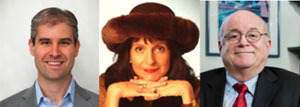
All Photos are courtesy of Samuel Goldwyn Films
Dans La Recherche globale pour l'éducation, joindre à moi et leaders d'opinion de renommée mondiale dont Sir Michael Barber (Royaume-Uni), Dr. Michael Bloquer (États-Unis), Dr. Leon Botstein (États-Unis), Professeur Clay Christensen (États-Unis), Dr. Linda Darling-Hammond (États-Unis), Dr. Madhav Chavan (Inde), Le professeur Michael Fullan (Canada), Professeur Howard Gardner (États-Unis), Professeur Andy Hargreaves (États-Unis), Professeur Yvonne Hellman (Pays-Bas), Professeur Kristin Helstad (Norvège), Jean Hendrickson (États-Unis), Professeur Rose Hipkins (Nouvelle-Zélande), Professeur Cornelia Hoogland (Canada), Honorable Jeff Johnson (Canada), Mme. Chantal Kaufmann (Belgique), Dr. Eija Kauppinen (Finlande), Le secrétaire d'Etat Tapio Kosunen (Finlande), Professor Dominique Lafontaine (Belgique), Professeur Hugh Lauder (Royaume-Uni), Professeur Ben Levin (Canada), Seigneur Ken Macdonald (Royaume-Uni), Professeur Barry McGaw (Australie), Shiv Nadar (Inde), Professeur R. Natarajan (Inde), Dr. PAK NG (Singapour), Dr. Denise Pape (États-Unis), Sridhar Rajagopalan (Inde), Dr. Diane Ravitch (États-Unis), Richard Wilson Riley (États-Unis), Sir Ken Robinson (Royaume-Uni), Professeur Pasi Sahlberg (Finlande), Professeur Manabu Sato (Japon), Andreas Schleicher (PISA, OCDE), Dr. Anthony Seldon (Royaume-Uni), Dr. David Shaffer (États-Unis), Dr. Kirsten immersive, (Norvège), Chancelier Stephen Spahn (États-Unis), Yves Thézé (Lycee Francais U.S.), Professeur Charles Ungerleider (Canada), Professeur Tony Wagner (États-Unis), Sir David Watson (Royaume-Uni), Professeur Dylan Wiliam (Royaume-Uni), Dr. Mark Wormald (Royaume-Uni), Professeur Theo Wubbels (Pays-Bas), Professeur Michael Young (Royaume-Uni), et le professeur Zhang Minxuan (Chine) alors qu'ils explorent les grandes questions d'éducation de l'image que toutes les nations doivent faire face aujourd'hui.
La recherche globale pour l'éducation communautaire page
C. M. Rubin est l'auteur de deux séries en ligne largement lecture pour lequel elle a reçu une 2011 Upton Sinclair prix, “La recherche globale pour l'éducation” et “Comment allons-nous savoir?” Elle est également l'auteur de trois livres à succès, Y compris The Real Alice au pays des merveilles, est l'éditeur de CMRubinWorld, et est une fondation perturbateurs Fellow.
Suivez C. M. Rubin sur Twitter: www.twitter.com/@cmrubinworld


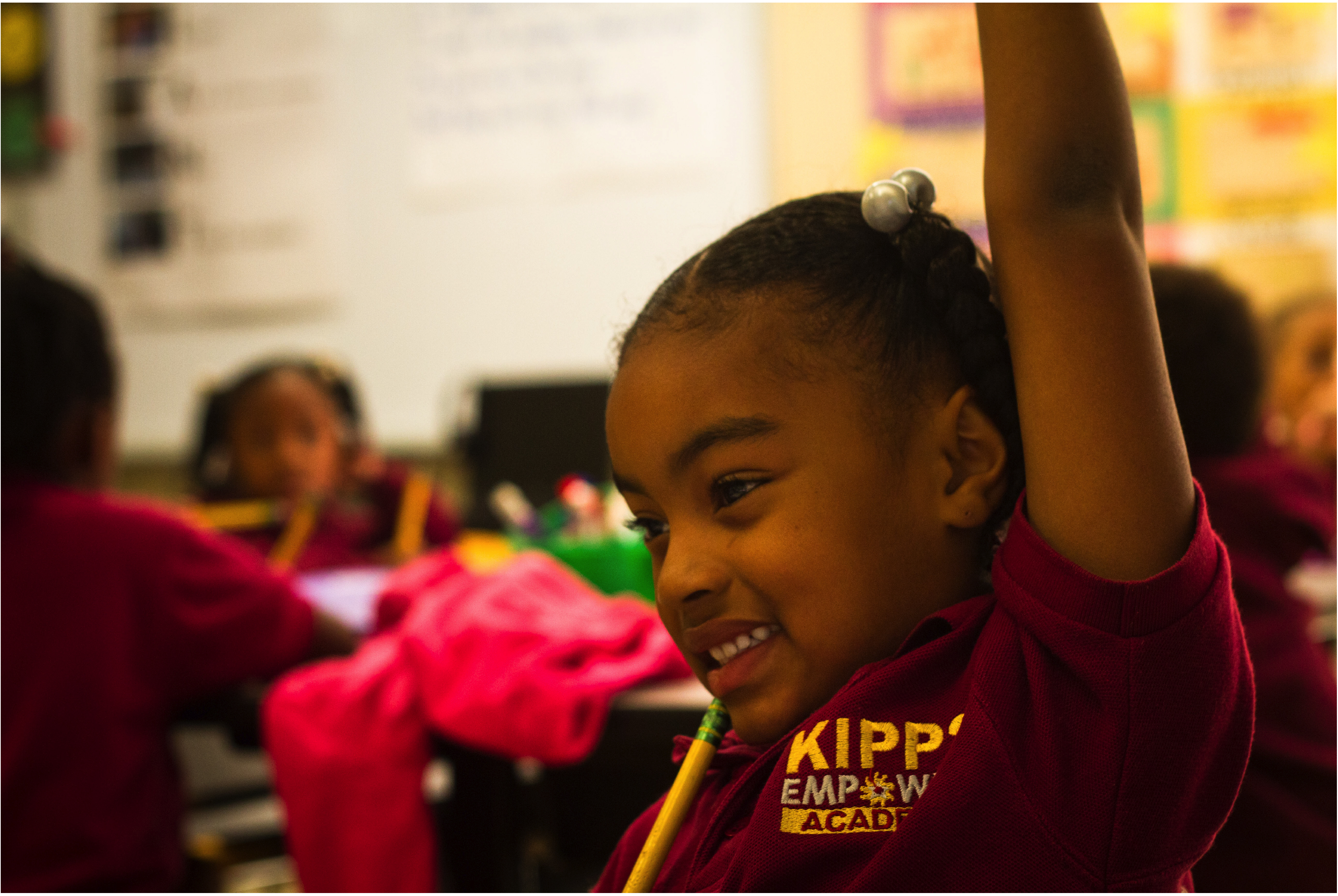
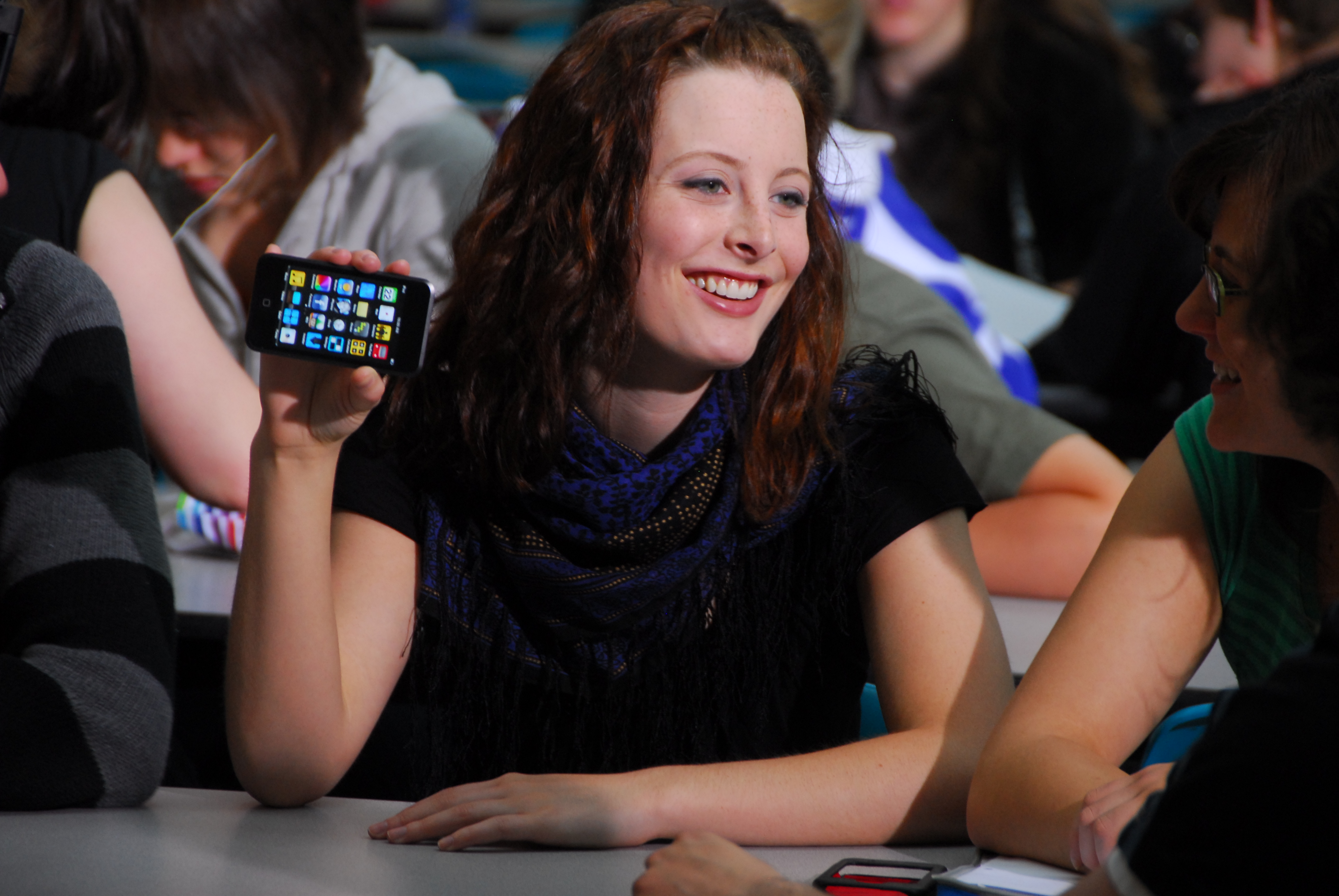

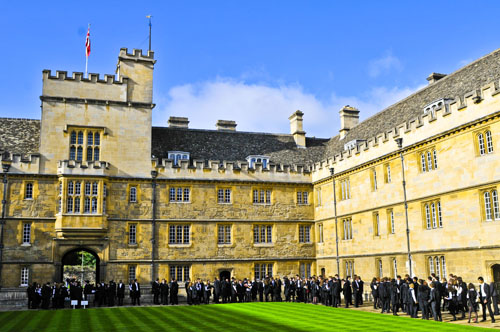
Commentaires récents